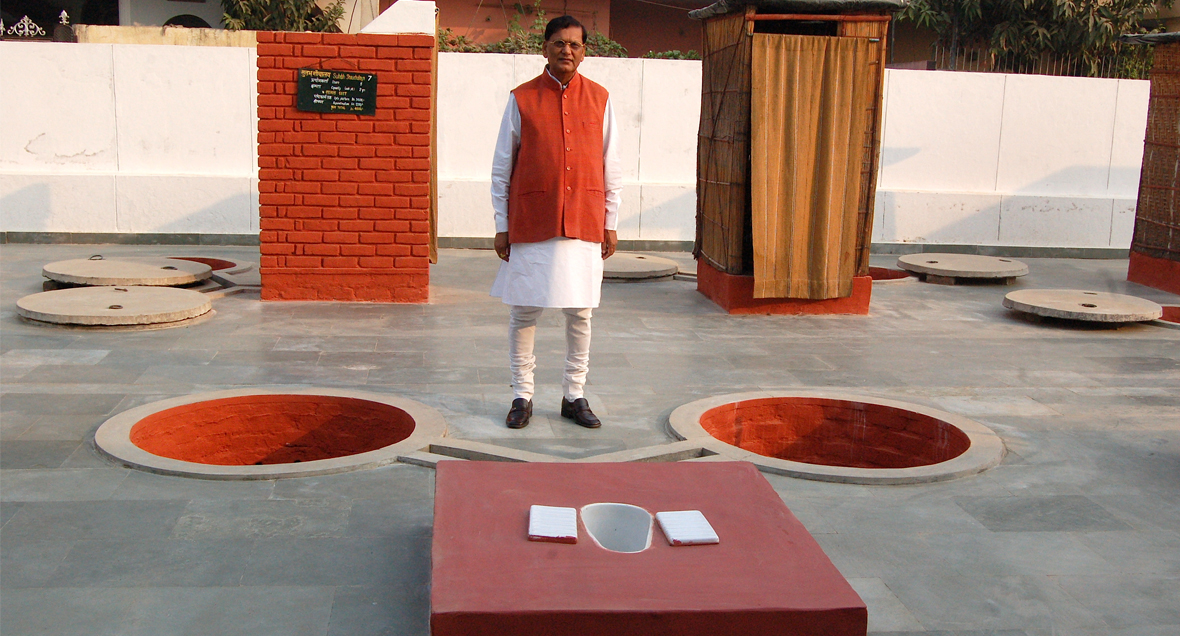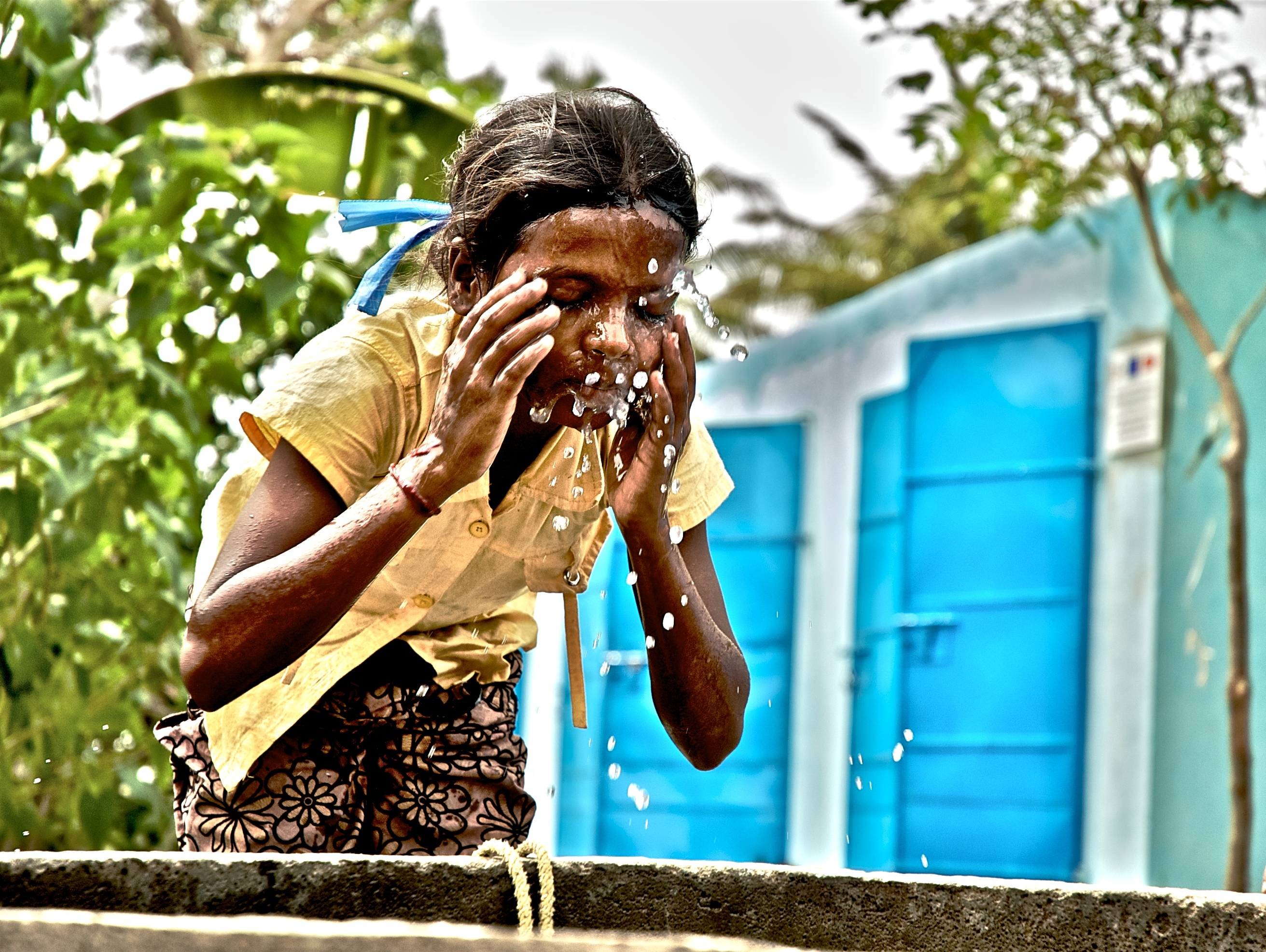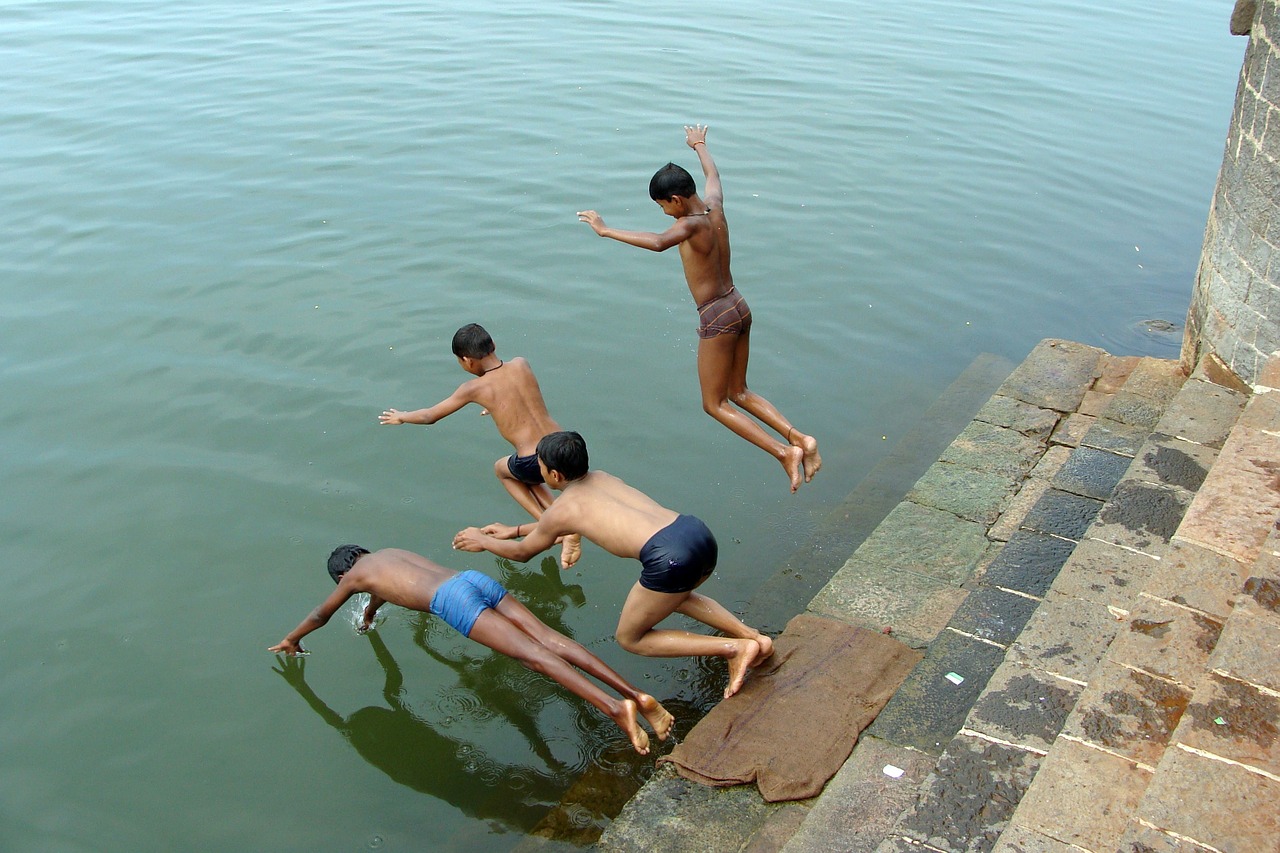Water Access and Affordability
Let’s start by facing some mind boggling numbers. Unicef data shows, India is home to around 594 million people (over 50 per cent of its population) defecating in the open. Only a quarter of India’s population have access to potable water on their premise, leaving 937 million people looking for water from outside sources on a daily basis.
In the context of a rapidly expanding population, and a highly promising demographic dividend, lack of access to safe water and sanitation proves a major roadblock to India’s potential development. The story, however, does not end with lack of access.
Where there is access, there is the issue of affordability arising from the scarcity of sustainable sources of water. Close to 85 percent of the country’s drinking water comes from aquifers, whose levels are rapidly falling, according to WaterAid. The pressure on India’s water resources has deepened further, owing to the country being a chief grain producer. It is no wonder then that conflicts over rivers are on the rise, and the cost of domestic water has been increasing substantially.
Earlier this year, in a desperate effort to save lives, trains carried thousands of gallons of water to a parched district near Mumbai. A recent European Commission study reported more than 20 million boreholes in India, up from tens of thousands in the 1960’s; and a water table that was falling by 0.9 meters each year.
As a measure to counter wasteful water use, city municipalities have tried to address the scarcity problem by imposing limits and water cuts, leading to the price of water soaring higher. The high costs of water have in turn fostered illegal water connections and water mafias, spiraling the problem further. And so, for India’s rural and urban populace alike, the root of it all lies in the twin issues of accessibility and affordability of water, which acts as a double-edged sword.
The message for the road ahead is clear: It is imperative for India to transform into a low-water economy, a cause that is powered equally by the need to create economic well-being for its citizens. This dire need to ensure long-term availability of water resources has been recognized by organizations around the globe that have rallied troops to find solutions.
Among the more prominent initiatives is the World Bank-funded US$ 1 billion Rural Water Supply and Sanitation Project, which aims to improve water supply and sanitation services in selected rural communities of India through decentralized delivery systems. Matt Damon-founded Water.Org’s WaterCredit empowers individuals, entrepreneurs and communities in India’s rural hinterlands to address their own water needs, by providing them with access to affordable credit in the form of microfinance loans.
The sense of urgency to tackle the issue also finds a voice in both voluntary and mandatory requirements for governments and companies.
The United Nations SDG 6 invites action to ensure universal access to safe and affordable drinking water and sanitation, and encourages water efficiency and support treatment technologies in developing countries. It is also pertinent to note that SDG 12 assumes importance in this context, by stressing on the need to ensure sustainable consumption.
In the last two years since its passing, India’s famous 2 percent CSR law, which mandates companies to spend a part of annual profits towards social and environmental upkeep, has catalyzed corporate efforts towards sanitation, access to water, and preservation of water quality.
A popular theme that can be noticed here is finding sustainable solutions for the water and sanitation sector through Public-Private Partnership (PPPs) models, by inviting private sectors to participate and fund innovative solutions. It is here that India’s NGOs play a pivotal role, acting as bridges of implementation between the the funds from private sector, and the resources and support-system of the public sector. Among the most successful of these NGOs is Sulabh International – an organization that has been the pioneer in cracking the code for sustainable sanitation in India.

Photo: Sulabh International founder Bindeshwar Pathak, with his two-pit Indian latrine model. Photo Credit: Sulabh International
Sulabh International was founded by Dr. Brindeshwar Pathak, who has been driven by his childhood experiences to eradicate the highly prevalent practice of manual scavenging in India. Spearheading the Sulabh Sanitation and Social Reform Movement since 1970, the social scientist in Dr. Pathak developed the now well-known low cost, twin-pit, pour-flush toilet known as “Sulabh Shauchalaya” (Sulabh, meaning easily accessible and Shauchalaya meaning toilet).
Over the years, Dr. Pathak has instilled in Sulabh an ethos that emphasizes the need to adopt technologies that are affordable, technically appropriate, culturally acceptable, and ensuring water conservation. Stemming particularly from the philosophy of saving and reviving water resources, Sulabh has tackled access and affordability primarily through a three-fold approach: environmentally friendly toilet design, ground-water purification technologies and duckweed filtration technologies.
Related article: “Muslims Against ISIS“
Water-friendly Toilet Design
Sulabh’s twin-pit pour-flush toilet saves almost 13 liters (3.5 gallons) of water per flush, is socio-culturally acceptable and economically affordable. This technology, of which over a million toilets have been installed so far, is indigenous to Sulabh, environment friendly, provides on-site disposal without smell and soil pollution, occupies lesser space than conventional septic tank systems, and can be easily constructed with locally available material. The toilet consists of a pan with a steep slope and an especially designed trap with water-seal, requiring only 1-1.5 liters of water for flushing, as opposed to a conventional system that would require close to 15 liters per flush. It can be estimated that a household of 5 individuals who use the toilet twice a day, can save up to 130 liters (35 gallons) of water per day.
For the 1.2 million household toilets constructed by Sulabh, the resulting saving translates to 40 million gallons of water being conserved every day.
Photo Credit: pixabay
Surface Water Purification
The Sulabh Safe Drinking Water Project (SSDWP) came into being in 2014, to address to issue of groundwater contamination. Over the past decade, people in many places in eastern India have been found to be consuming water contaminated with naturally occurring arsenic, making it unfit for drinking. As declared by Dr. Pathak, Sulabh realized that the solution to the problem lay in purifying surface water rather than ground water. SSDWP then kicked into action, making efforts to convert pond water into safe drinking water that costs a meager 50 paise (1 cent) per liter, while branded bottled water sourced from aquifers sells for upwards of INR 10 (15 cents) per liter.
This innovative model, based on a solution developed by the French NGO 1001Fontaines, enables a self-sustainable project that also invites active participation from members of the community who earn their livelihoods by selling the cheapest drinking water. In Dr. Pathak’s words: “Purification of water from ponds, wells and rivers can save millions of people who have suffered or are likely to suffer from drinking water in arsenic affected areas. An effective law and policy for water treatment can help them. This measure can also provide lots of employment.”
Wastewater Treatment
To revive and reuse India’s waste discharges of industrial and domestic wastewater from its sewers, capital-intensive civil and infrastructural investments are required. These technologies often result in negligible economic return, making them financially unviable. Sulabh identified the scope for exploiting the potential in duckweed-based waste water treatment, and successfully developed a cost-effective wastewater treatment technology that can be used in rural and urban areas.
The technology involves rearing of Duckweed, which is a free-floating and fast-growing aquatic plant that reduces contaminants in effluents released into freshwater ponds. Owing to the fact that duckweed is also a highly nutritious feed for fish, this technology that leads to 80-90 percent reduction in effluents, has also resulted in direct economic return for fisherman at these ponds.
In India, two noteworthy examples of public-private collaboration in the area of public services are the public call offices . . . and the Sulabh Shauchalayas, which are estimated to have provided sanitation facilities to ten million people at very low cost.
-Dr. Bimal Jalan, former Governor of RBI
Photo Credit: UN PHOTO/ J Issac
Dr. Pathak’s and Sulabh’s efforts have been lauded in many platforms, earning one of India’s highest civilian honors. The success of the Sulabh movement has been described as a ‘revolution’ by Dr. Bimal Jalan, former Governor of RBI, India’s central bank. Dr Jalan writes, “In India, two noteworthy examples of public-private collaboration in the area of public services are the public call offices (PCOs), which revolutionized the availability of telephone services all over the country in the 1990’s, and the Sulabh Shauchalayas, which are estimated to have provided sanitation facilities to ten million people at very low cost.”
The road ahead for India’s mission to meet SDG 6 is clearly in paving the way for more movements like Sulabh. Furthermore, for such initiatives to succeed, provision of infrastructure should be supported with behavioral change campaigns through education, communication, training, maintenance and periodic follow-ups. By doing so, governments and communities would achieve the preservation of enormous reserves of water, and enable the provision of basic human rights of water and sanitation to all.
Recommended reading: “HOW WATER SAVED ICELAND FROM AN ECONOMIC CRISIS“












